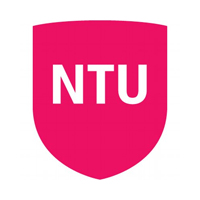fees waived
Electronic and Electrical Engineering FT, MEng (Hons)
Nottingham Trent University, United Kingdom
Ranking in UK
Engineering: General
General Engineering
Engineering
Costs
food & rent S$17k / year
Entry requirements
Scholarships
Limited quantity
Limited quantity
Limited quantity
Information
Code
Intakes
Website (External)
Programmes
Information
Duration
2030
Electronic and electrical engineering is indispensable, encompassing everything from miniature integrated circuits in everyday devices to large-scale systems powering homes. This dynamic field emphasizes renewable and sustainable energy, and an NTU degree equips students with essential skills to lead in this evolving sector. Through industry-led projects, students build expertise in digital technologies, tackle engineering challenges, and integrate sustainability into solutions for environmental issues.The curriculum culminates in the Grand Challenge, a concept design project, followed by an individual research project for the integrated MEng qualification, which combines undergraduate and master's-level studies. Accredited by the Institution of Engineering and Technology (IET), the course meets requirements for Incorporated Engineer registration and partially for Chartered Engineer. It also aligns with the CDIO framework, fostering practical learning through real-world projects to deliver up to four years of industry experience.
A local representative of Nottingham Trent University in Singapore is available online to assist you with enquiries about this course.

